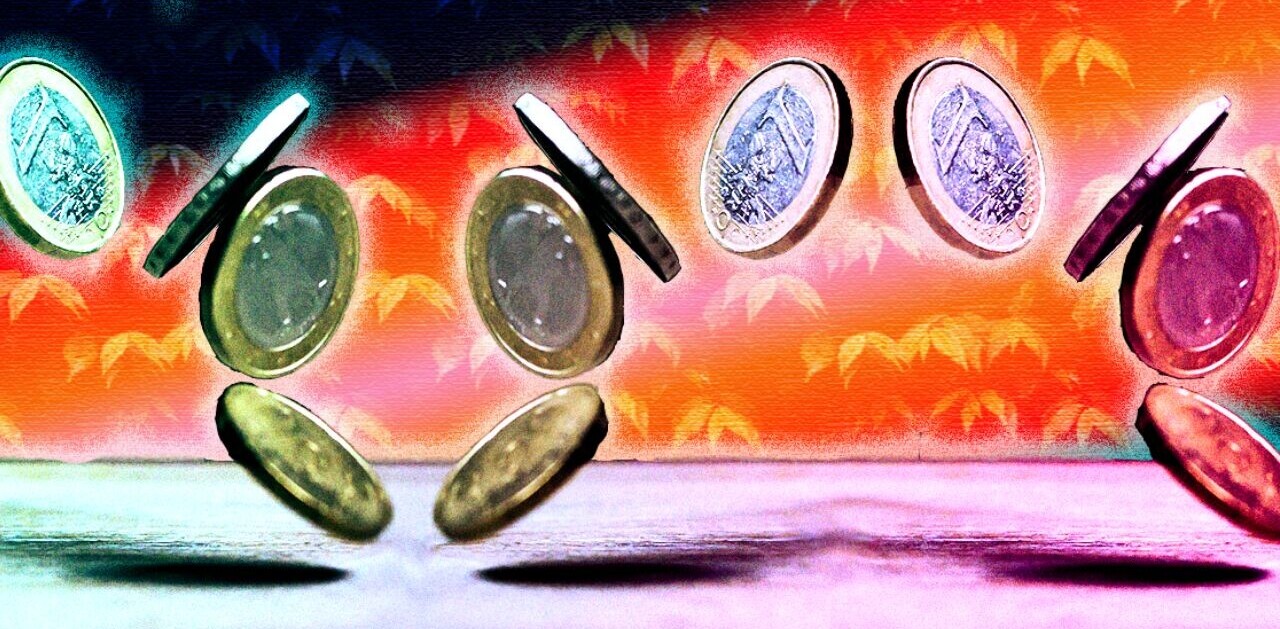
Marty Puranik is the CEO of Atlantic.Net.
Disrupt. Disruption. It seems this has now become the raison d’être for this generation’s startup scene. TechCrunch proudly uses the moniker to describe its two coastal events: Disrupt NY and Disrupt SF. It’s a brand that has now expanded to Europe and China. Quod erat demonstrandum.
We all love the story of ‘Joe Everyman Twenty Something’ stumbling upon internet gold, swashbuckling across the bow of capitalism with a trendy new website which turns into a multi-billion dollar IPO. It could happen to you, or your kids, or at least your kids’ friends, you know, the smart ones… right?
But what about in 2014, instead of Orwellian 1984, even disruption itself has been disrupted, co-opted by the status-quo to go from fabulously wealthy to obscenely wealthy. Does this leave the rest of society behind?
One of the modern tenets of the tech community is that, while the entrepreneur and his investors may become fabulously wealthy, the net gain to society is far greater than any money they may earn. Behold, we are the ones who should be thankful.
Mike Judge, who recently concluded a takedown of Silicon Valley, espouses the same message, with startups ebulliently mixing a profusion of modern day buzzwords, while simultaneously promising “to make the world a better place.” But, the question must remain, for whom?
A cursory look at recent IPO S-1 filings shows that they often, and repeatedly, involve the same players. It would seem that, rather than enriching new people with fresh ideas and original visions, we are canonizing the same ideas.
This leads us to another question: how does that benefit society or stand for the innovation which came to be the hallmark of America?
Bruce Gibney, of Founders Fund, perfectly coins the cognitive dissonance we all feel: “We wanted flying cars, we got 140 characters”
Of course, it wasn’t always this way
Jay Last, a member of the “Traitorous 8” who set in motion the founding of Intel, mused, “I am struck by what a remarkable time it was and what innovative opportunities arose.” So what happened? Let’s take a look…
We all remember the most recent financial crisis from which the world is still recovering. Fred Wilson, a prominent VC with Union Square Ventures from New York, professes on his blog “It’s been a good time to be in the VC and startup business and I think it will continue to be as long as the global economy is weak and rates are low.”
It could very well be that a symptom of US fiscal policy is the outgrowth of this industry. In short, it may now be too easy to make money as a prominent investor, so why take risks on things that really are disruptive?
One of the emergent technology terms of the past few years is the “network effect.” Popularized by Facebook, it postulates that each additional person you add to the network, makes the whole network infinitely more valuable (or, to look at it another way, why you won’t switch to Google+ because all your friends are already on Facebook).
The network effect also has a profound consequence for venture and private equity funds. That is, the most successful or popular ones are likely to get the first entitlement on the best investing opportunities.
Today’s entrepreneur has a carefully choreographed waltz on his way to an exit meeting, IPO or acquisition. It would, it seems, be heresy to actually build a company to grow and operate. Sometimes, the best ideas take time to germinate, ideas that are often stumbled upon by accident. This is where true disruption takes place.
Instead, we have a maniacal obsession with hyper-growth, because that seems to be the only way the investor’s dance can take to the floor and perform. Lost in all this activity is the tinkering and exploring which leads to accidental brilliance.
It is though, as a society, we are driving a car representing innovation and only focusing straight ahead. We seem to be in such a hurry to get to our destination, that we miss the proverbial forest for the trees.
Innovation that matters
In Michael Crichton’s Jurassic Park, the maxim “Life finds a way” has particular gravity and may well offer us a clue as to how true innovative disruption might return. Rather than life, perhaps it is disruption which finds a way with regard to what we are witnessing.
Cisco CEO Chambers recently acknowledged a threat to their core, switching business from Open Compute Project (OCP) led by Facebook. Facebook is open-sourcing and has released these switch designs specifically because it has saved over $1 billion in 2013 alone by using almost identical ones.
But the larger question remains unanswered: why is Facebook, focused on all things social media, releasing the next generation of technology products? It is almost akin to the dog groomer suddenly manufacturing brushes. The answer is simple: because it cannot wait.
Facebook needs to move forward or risks being disrupted itself, something the good people at Facebook are all too aware of. Thus, it has taken to pushing OCP not as a profit center, but as a way to extend its core business more efficiently and, of course, faster. Disruption is finding a way, even without the help of traditional centers of innovation.
While we all collectively hold our breath for the next Apple product, now might be a good time for us to rethink what this is all about. Have we become a caricature of what technology once stood for? Are our kids going to say we boldly explored the range of human possibility by putting a million dollars into a mobile app that sends a pointless text message saying “Yo”?
Everyone involved in the innovation ecosystem should remember this and take heed: beyond helping yourself and your investors, you win by helping society, not creating at the expense of it.
Get the TNW newsletter
Get the most important tech news in your inbox each week.







